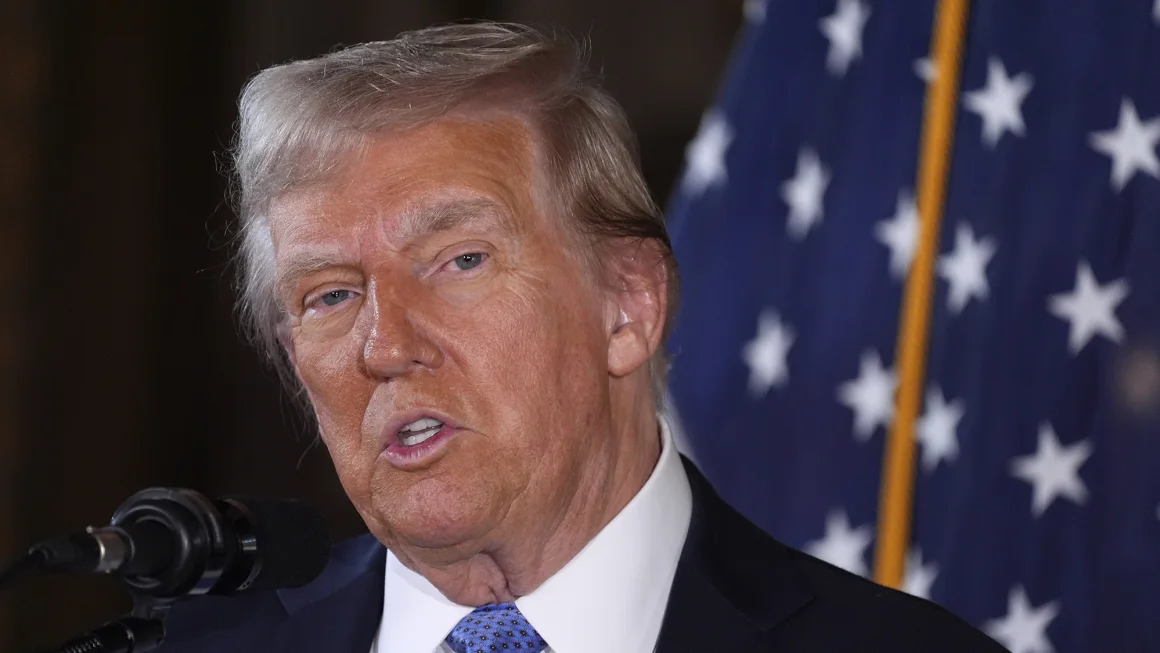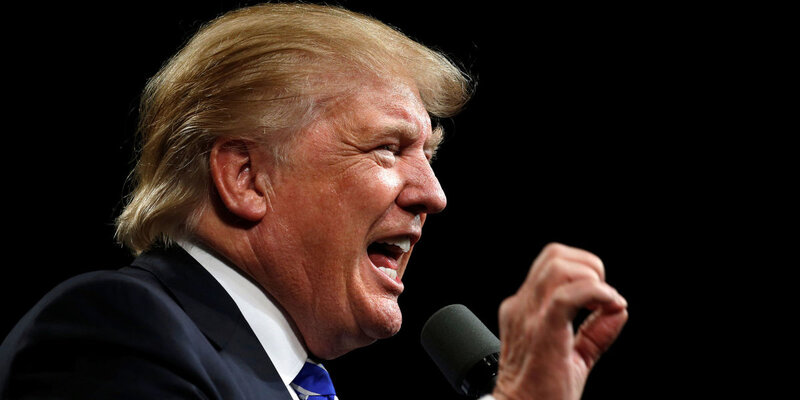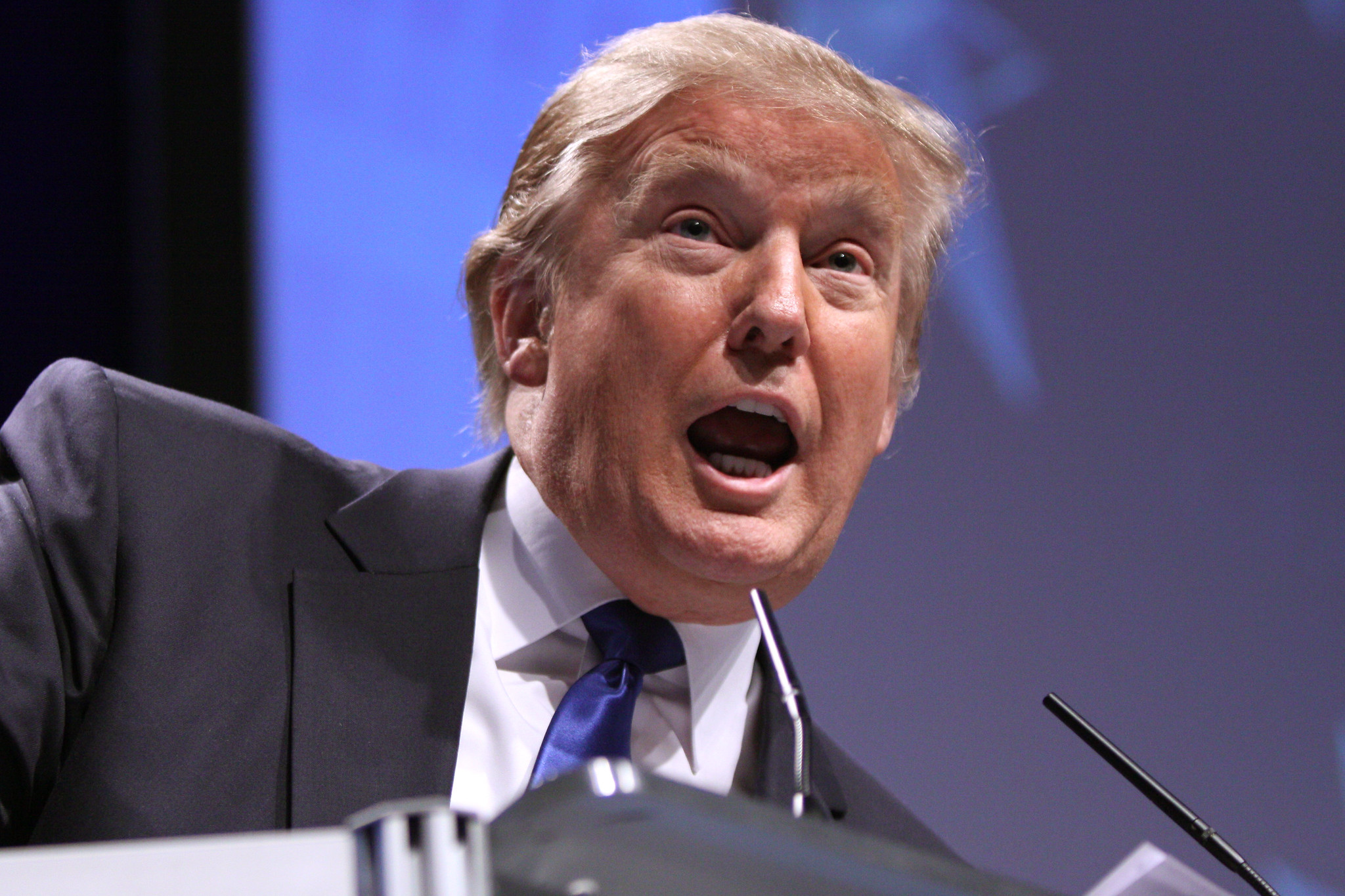
Trump’s Mandate Faces Early Challenges in Washington
Donald Trump may have declared his victory a mandate, but as Washington gears up for his return, the realities of governance are already testing his influence and his party’s unity.
Trump’s last-minute attempt to derail a bipartisan bill to fund the government until March ended without achieving his goal of addressing the looming debt ceiling. Instead, the move exposed divisions within the Republican Party. On Thursday, 38 House Republicans defied the president-elect, and by early Saturday, 170 GOP House members and numerous Republican senators had voted in favor of the bill Trump had threatened to oppose.
This chaotic episode, unfolding just weeks before Trump’s inauguration, highlights the hurdles he will face with a slim House majority and a Senate filled with lawmakers focused on their own political longevity. While Trump has portrayed his November victory as a sweeping mandate, his claim is contested by both the numbers and recent events. Despite winning the popular vote—a first for a Republican in decades—his support still fell short of a majority, and his Electoral College victory, while significant, was not record-breaking.

“The beauty is that we won by so much,” Trump told Time Magazine. “The mandate was massive.” However, his party has already handed him a series of notable defeats even before he officially assumes office.
One setback came when Florida Senator Rick Scott, a close Trump ally, lost his bid to lead the incoming Republican Senate majority to Senator John Thune, who had openly criticized Trump. Although Trump refrained from officially endorsing Scott, the loss was a blow to his circle, which included high-profile supporters like Elon Musk and Turning Point USA’s Charlie Kirk.
Another stumble involved Trump’s pick for attorney general. His initial choice, Representative Matt Gaetz, faced widespread opposition and was ultimately abandoned in favor of former Florida Attorney General Pam Bondi. Trump also backed away from efforts to secure a U.S. Senate seat for his daughter-in-law, Lara Trump, after Florida Governor Ron DeSantis privately resisted the idea, citing potential political fallout.
“I respect Ron’s decision,” Trump told reporters, distancing himself from the campaign to elevate Lara Trump. “That’s his choice, not mine.”
Despite these early challenges, Trump continues to assert dominance over his party, pressing ahead with controversial Cabinet nominations. His picks include former Fox News anchor Pete Hegseth for secretary of defense and Robert F. Kennedy Jr., known for his anti-vaccine views, as secretary of health and human services. Both choices have drawn scrutiny, with Hegseth facing allegations of misconduct and Kennedy’s nomination raising eyebrows due to his divisive stance on public health issues. Nonetheless, Trump has stood by his nominees, insisting on their confirmation.
Republican lawmakers are feeling the pressure. At a recent Turning Point USA event, Charlie Kirk warned that opposing Trump’s Cabinet picks would result in primary challenges. “Confirm them all, or face the consequences,” Kirk declared.
Meanwhile, Trump’s collaboration with Elon Musk has added a new dynamic to his political strategy. Musk’s active participation in derailing the government funding bill—boasting about the smaller size of the final legislation—has further complicated Republican negotiations. Some GOP members, however, have expressed frustration with Trump’s tactics, calling them shortsighted.

“I’m willing to swallow bitter pills like budget bills and debt ceiling increases to give Trump the runway he needs,” said Representative Dan Crenshaw, “but we need a plan for that.”
As Trump begins to grapple with the complexities of governance, he has acknowledged the limits of his influence. On a call with a GOP lawmaker, he reportedly conceded that avoiding a government shutdown was unavoidable, even if it meant postponing his goals for the debt ceiling.
Despite these early stumbles, Trump allies see his presidency as just beginning. Former adviser Steve Bannon summed it up: “If you thought the last 48 hours were chaotic, wait until every day under President Trump looks like this.”
Whether this turbulence ultimately strengthens or weakens Trump’s mandate remains to be seen, but his return to Washington is already reshaping the political landscape in unpredictable ways.